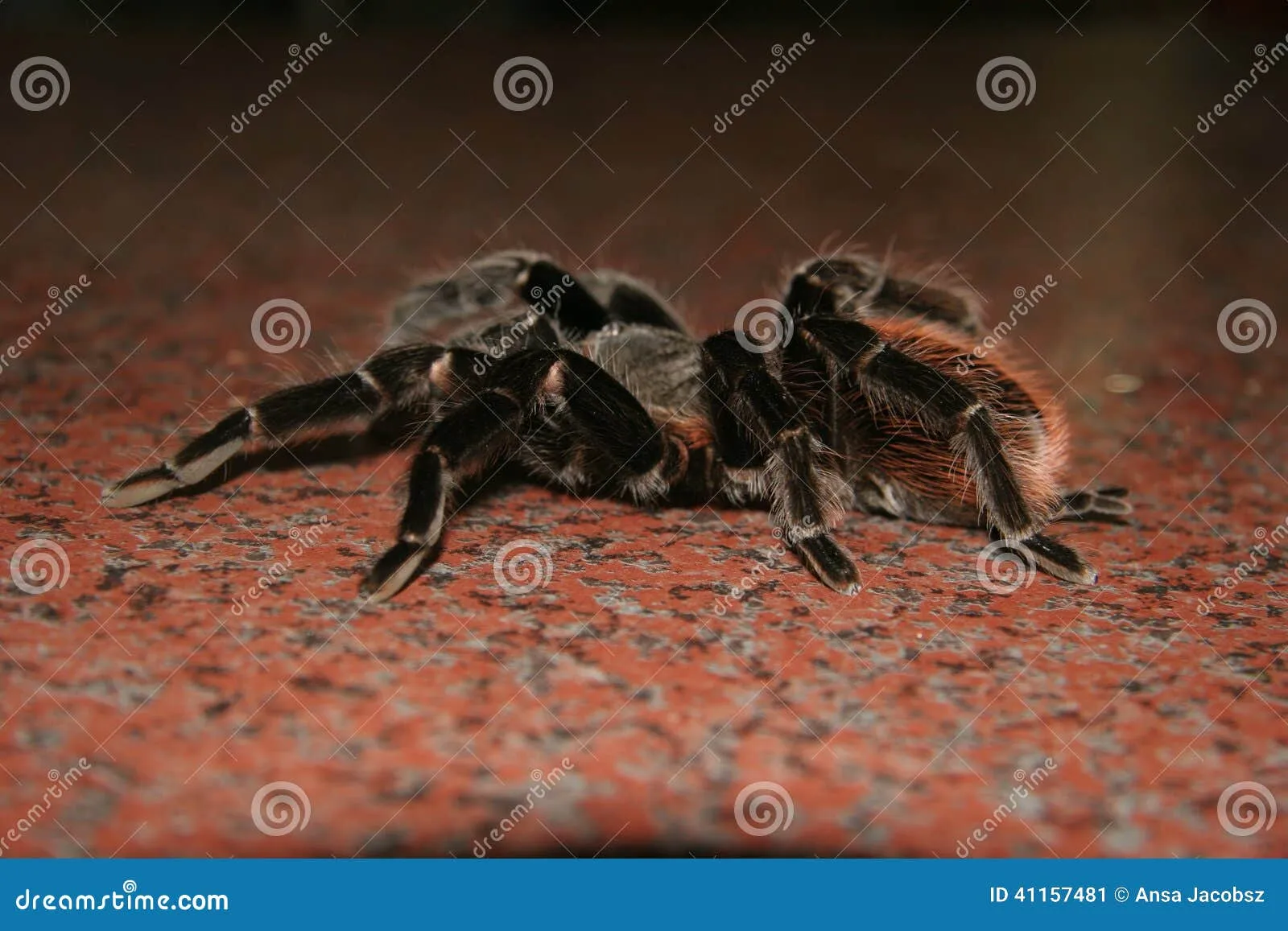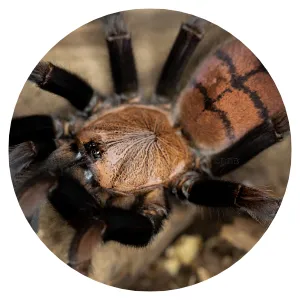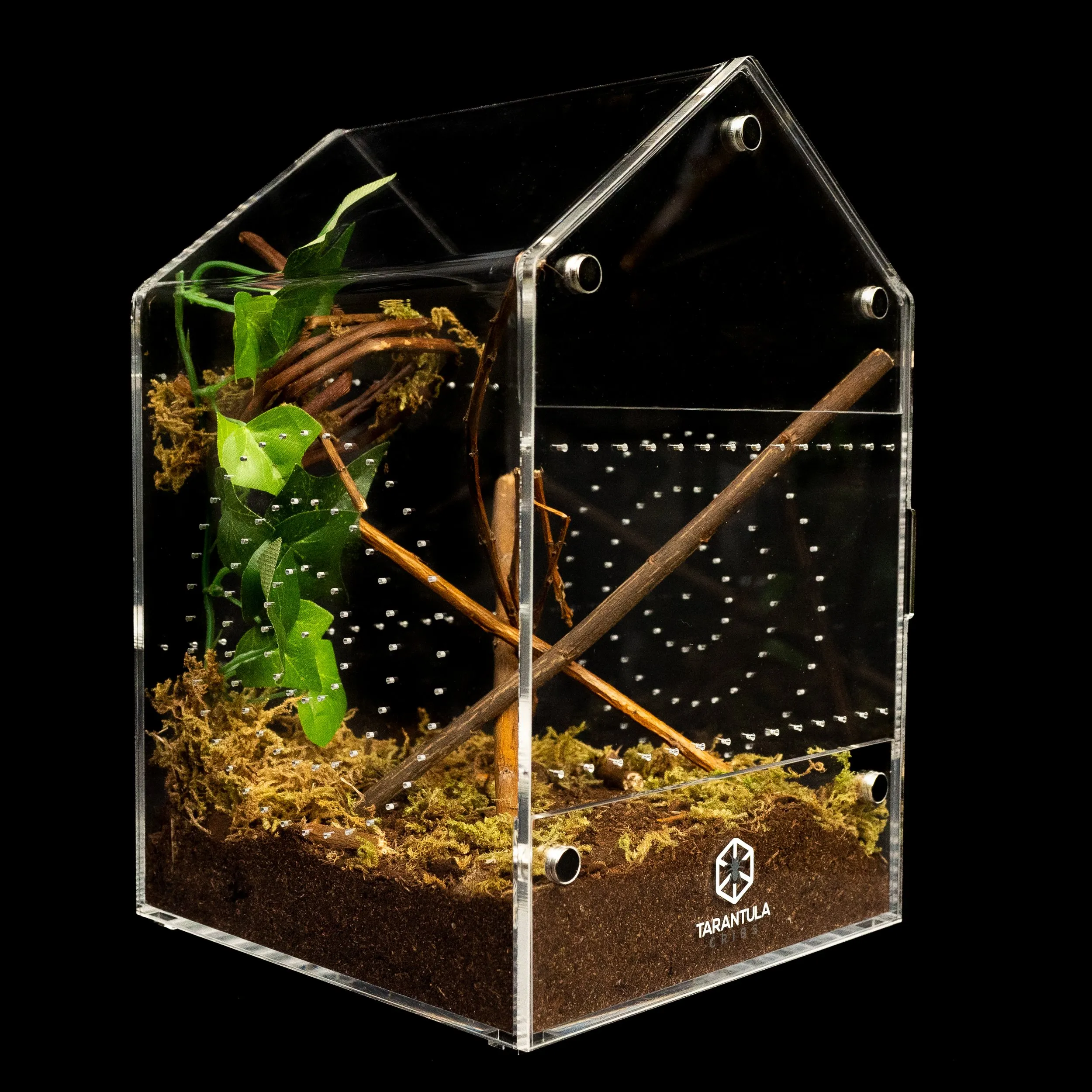Tarantula Shop South Africa 5 Fascinating Facts
Embarking on the journey of owning a tarantula in South Africa is an exciting venture. South Africa’s diverse ecosystem means there’s a fascinating array of tarantula species, and knowing where to find them, how to care for them, and the legalities involved is crucial. This guide dives into the top five facts every aspiring tarantula owner in South Africa should know. From understanding the legal requirements to selecting the right species and setting up a suitable habitat, these facts will equip you with the knowledge you need to become a responsible and successful tarantula keeper. Discover the unique aspects of owning these captivating creatures in the context of South Africa, and learn what makes this hobby so engaging and rewarding. Get ready to delve into the world of tarantulas and discover how to navigate the exciting opportunities South Africa has to offer.
What Tarantulas Can You Buy
The selection of tarantulas available in South African shops is a mix of both native and exotic species, offering a diverse range for enthusiasts. Local breeders and reputable shops often carry species that are well-suited to the South African climate and easier to manage, making them ideal for beginners. However, importing certain species might be subject to regulations, so it’s critical to verify legality before purchasing. Popular choices include terrestrial species, known for their relative ease of care and docile temperaments, making them a favorite. Arboreal tarantulas, which prefer to live in trees, can also be found, though they may require more specialized enclosures and care. When selecting a tarantula, consider its temperament, size, and specific needs. Make sure to get a tarantula that aligns with your experience level and commitment to their welfare.
Common Tarantula Species Available

Several species are frequently available in tarantula shops across South Africa. The most common are the more docile terrestrial types, such as the Chilean Rose Hair (Grammostola rosea), known for their gentle nature and suitability for beginners. Other popular choices include the African species, such as the Baboon spiders, which offer a unique experience due to their size and striking appearance. The availability of specific species can fluctuate based on breeding cycles, import regulations, and breeder supply, so it’s always wise to inquire about current stock. The selection frequently varies, and shops might also feature less common species that are in demand. It is always a good practice to research the specific needs and temperament of any tarantula before purchasing to make sure it is a suitable match for you.
Legality and Regulations
Owning tarantulas in South Africa involves adhering to specific legal and regulatory requirements. The legality of keeping exotic animals, including tarantulas, can vary by province and municipality. It is essential to understand the local laws, which may include the need for permits, licenses, or restrictions on certain species. Some species may be protected or classified as invasive, making their ownership illegal or heavily regulated. Before purchasing a tarantula, you should research the specific regulations that apply to the species you want to keep and your location. Failure to comply with these rules can lead to penalties, including fines and the confiscation of your pet. Always check local authorities to make sure you stay within legal boundaries.
Permits and Documentation
Obtaining the necessary permits and documentation is a crucial step in legally owning a tarantula in South Africa. Depending on the species and location, you may need to apply for permits from your local conservation authorities or other relevant bodies. The application process typically involves providing information about the tarantula species, the enclosure, and your ability to provide adequate care. Documentation such as proof of purchase from a reputable shop or breeder and a detailed care plan might also be required. Make sure to keep all permits and documentation up to date. Regularly checking with your local authorities and keeping your records up to date ensures that you comply with all legal requirements and can enjoy your tarantula ownership without issue. Always get documentation, even from trusted sources.
Where to Find a Shop

Finding a reliable tarantula shop in South Africa involves exploring various avenues. Local pet stores might carry a selection of tarantulas, especially in larger cities and towns, though availability can vary. Specialized reptile and exotic pet stores are usually the best options. These shops generally have more expertise and carry a wider variety of species, as well as the required supplies. Online platforms and social media groups can be valuable resources for locating breeders or shops in your area. Look for shops that have positive reviews, and a reputation for ethical practices. Visiting the shop in person allows you to assess the health of the tarantulas, the cleanliness of the enclosures, and the knowledge of the staff. The right shop will provide the guidance and resources needed to ensure the well-being of your tarantula.
Online vs. Physical Shops
Deciding between online and physical tarantula shops in South Africa involves weighing the pros and cons of each. Online shops can provide convenience, offering a wide selection of species, often at competitive prices. However, you can’t physically inspect the tarantula before purchasing, which may be risky. Physical shops provide an opportunity to examine the tarantula’s health, observe its behavior, and speak directly with staff. They can offer immediate guidance and answers to your questions. Online shops might have limited after-sales support compared to a physical store. Consider shipping costs, guarantees, and return policies when buying online. Whether you choose an online or physical shop, ensuring the shop’s reputation is the most critical factor. Always prioritize shops with strong customer reviews and a good record of ethical practices, especially when buying online.
Reputable Breeders and Shops
Identifying reputable breeders and shops is crucial for the ethical and healthy acquisition of a tarantula. Reputable breeders prioritize the well-being of their tarantulas, providing proper care and breeding practices. Look for breeders who have a good understanding of tarantula husbandry, and are willing to provide information and support. They often invest time in their animals, offering a better guarantee of health and vitality. Shops with a positive reputation are transparent about their sourcing, and comply with all regulations. They offer well-maintained enclosures, provide knowledgeable staff, and are focused on customer education. Checking online reviews and asking for recommendations from other tarantula keepers can help you identify reliable sources. Before making a purchase, visit the shop or breeder if possible, and observe their practices. Choosing a reputable source ensures you receive a healthy tarantula and support ethical practices.
Tarantula Care Essentials

Caring for a tarantula in South Africa involves understanding its specific needs. Providing a suitable habitat is crucial, as well as the right temperature, humidity, and ventilation. The enclosure should be appropriately sized for the tarantula’s species and size. Maintaining the ideal temperature and humidity levels is important, as well as a well-ventilated environment. Feeding your tarantula with the correct diet, usually consisting of insects such as crickets or mealworms, is also crucial. Handling the tarantula should be limited, and you should always handle them with care, as tarantulas can be fragile. Regularly monitoring the tarantula’s health, including its eating habits, activity levels, and molting cycle, will enable you to act swiftly if any problems arise. Being informed about tarantula care and providing a supportive environment are key to your success.
Housing and Enclosure Needs
Creating a suitable enclosure for your tarantula is critical for its well-being. The size of the enclosure must be appropriate for the species and size of the tarantula. Terrestrial species typically require more floor space, while arboreal species need more vertical height. The enclosure should be made of a material that is secure, and the lid must be well-secured to prevent escape. The substrate should be suitable for the species, such as coconut fiber or peat moss, and should be kept clean. Provide the tarantula with hiding places, like cork bark or artificial plants, where they can feel safe and secure. Maintain appropriate temperature and humidity levels using a thermometer and hygrometer. The enclosure should also have proper ventilation to prevent the buildup of mold. A well-designed enclosure mirrors the tarantula’s natural habitat.
Feeding and Nutrition
Proper nutrition is vital for your tarantula’s health. Most tarantulas are insectivores, meaning their diet primarily consists of insects. Crickets, mealworms, and roaches are standard choices and can be purchased from pet shops. The frequency of feeding depends on the tarantula’s age and species; younger tarantulas eat more often than adults. Always provide insects that are properly sized for your tarantula. Crickets should be gut-loaded before feeding. Make sure to remove any uneaten food within 24 hours to prevent mold or mites from forming in the enclosure. Freshwater should be available to your tarantula, usually in a shallow dish or with a water gel. Monitoring the tarantula’s feeding habits is important. A healthy tarantula should eat regularly, and any changes in appetite might indicate health problems or molting.
Health and Hygiene

Maintaining the health and hygiene of your tarantula is essential for its long-term welfare. Regularly clean the enclosure, removing any waste and old food. Replace the substrate periodically to prevent the buildup of harmful bacteria and mites. Make sure to maintain appropriate humidity levels to prevent mold. Monitor the tarantula for any signs of illness, such as loss of appetite, lethargy, or unusual behavior. Be familiar with your tarantula’s molting cycle. Provide a stress-free environment. If you notice any health issues, consult with a veterinarian with experience in exotic pets. Proper care, including maintaining a clean and healthy environment, and monitoring for health issues, will contribute to a long and happy life for your tarantula.
Owning a tarantula in South Africa offers a unique and rewarding experience. By understanding the legal requirements, finding a reputable shop, and providing proper care, you can successfully keep these fascinating creatures. Research the species, set up a suitable habitat, and maintain a clean environment. Regular feeding and health monitoring are also critical. Remember, responsible tarantula ownership is about providing the best possible care and ensuring their well-being. Embrace the captivating world of tarantulas and enjoy the journey.
